Table of content
The Chinese language, with its intricate grammar and tonal nuances, often poses challenges for learners. Among its many multifunctional words, “才” (cái) stands out as a versatile particle and adverb that can alter the meaning of sentences dramatically. Whether expressing ability, time, conditions, or emphasis, “才” plays a pivotal role in shaping context and intent. This article delves into the diverse applications of “才,” providing learners with a roadmap to construct grammatically accurate and contextually rich sentences.
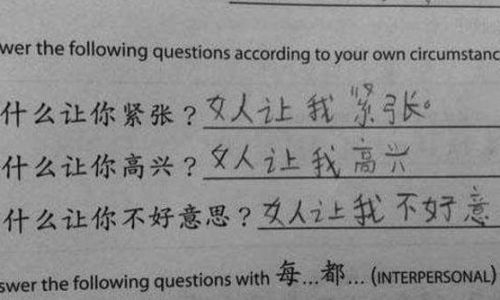
Understanding the Core Meanings of “才”
Before exploring sentence structures, it is essential to grasp the primary definitions of “才.” In Mandarin Chinese, “才” functions as:
- An adverb of ability or talent: Emphasizing skill or capability (e.g., “他才八岁就会弹钢琴” – He can play the piano even though he’s only eight years old).
- A temporal adverb: Indicating that an action occurred later than expected (e.g., “我等了两个小时他才来” – I waited two hours before he arrived).
- A conditional particle: Introducing a prerequisite (e.g., “只有努力,才能成功” – Only through hard work can one succeed).
- A contrastive marker: Highlighting a discrepancy between expectation and reality (e.g., “我以为很难,结果很简单才对啊” – I thought it was hard, but it turned out to be easy, right?).
Each usage demands distinct sentence structures, making “才” a linguistic chameleon.
Structural Framework: Positioning “才” in Sentences
The placement of “才” within a sentence often dictates its function. Below are common patterns:
Adverb of Ability
When “才” emphasizes talent or capability, it typically precedes the verb. For example:
- “她才五岁就能说流利的英语。” (She can speak fluent English even though she’s only five.)
- “只有天才才能解决这个问题。” (Only a genius can solve this problem.)
Key Rule: “才” directly modifies the verb, underscoring the subject’s unexpected skill.
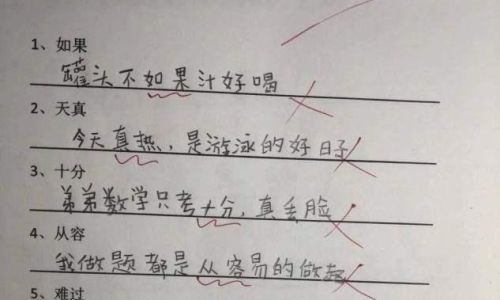
Temporal Adverb
To express delayed timing, “才” follows the subject and precedes the verb. For instance:
- “电影开始十分钟后他才到。” (He arrived ten minutes after the movie started.)
- “我打了三次电话,她才接。” (I called three times before she answered.)
Key Rule: This structure contrasts the actual time with the expected time, often implying frustration or inconvenience.
Conditional Particle
In conditional sentences, “才” often pairs with “只有” (only) to establish prerequisites. The structure is:
只有 + [Condition] + 才 + [Result]
- “只有认真学习,才能通过考试。” (Only by studying diligently can you pass the exam.)
- “只有下雨,比赛才会取消。” (The match will only be canceled if it rains.)
Key Rule: The clause before “才” sets the condition, while the clause after it outlines the consequence.
Contrastive Marker
When highlighting a contradiction, “才” appears at the end of the sentence, often with a rising intonation. For example:
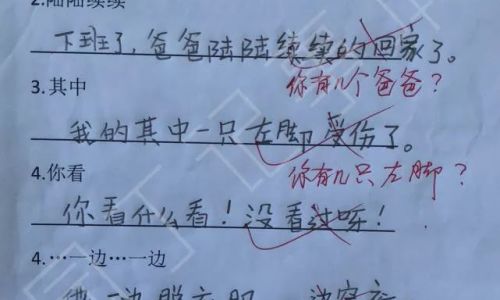
- “这道题不难,你才做错了。” (This question isn’t hard, but you got it wrong.)
- “我以为会很贵,结果很便宜才对啊!” (I thought it would be expensive, but it’s cheap, right?)
Key Rule: This usage softens criticism or expresses surprise by contrasting expectations with reality.
Practical Applications in Everyday Contexts
Time Expressions
- Delayed Actions: “我等到八点他才回家。” (I waited until 8 PM before he came home.)
- Recent Realizations: “直到失败后,我才明白努力的重要性。” (Only after failing did I understand the importance of effort.)
- Minimum Requirements: “你至少要学三个月才能掌握基础。” (You need at least three months to grasp the basics.)
Conditions and Requirements
- Necessity: “你必须完成作业,才能出去玩。” (You must finish your homework before going out to play.)
- Uniqueness: “只有这种药才能治他的病。” (Only this medicine can cure his illness.)
- Hypotheticals: “如果当初你听我的,现在才不会后悔。” (If you had listened to me, you wouldn’t regret it now.)
Comparisons and Contrasts
- Emphasizing Skill: “她才学了半年钢琴,就弹得这么好了。” (She’s only been learning piano for six months but already plays so well.)
- Correcting Misconceptions: “这不是意外,是他故意才这样的。” (It wasn’t an accident; he did it on purpose.)
Common Pitfalls and How to Avoid Them
Overusing “才” for Emphasis
While “才” adds nuance, excessive use can clutter sentences. For example:
- ❌ “我才才才觉得饿。” (I only only only feel hungry.)
- ✅ “我现在才觉得饿。” (I feel hungry now.)
Tip: Reserve “才” for moments where the contrast or condition is critical to the message.
Misplacing “才” in Temporal Sentences
Incorrect placement can alter meaning:
- ❌ “他才来了电影开始后。” (He only came after the movie started.)
- ✅ “电影开始后他才来。” (He came after the movie started.)
Tip: Ensure “才” follows the subject in temporal contexts.
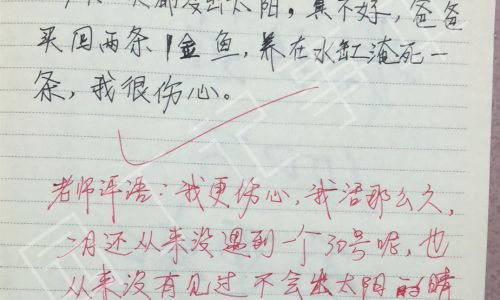
Confusing “才” with “就”
The adverb “就” (jiù) often pairs with “才” but has opposite connotations. Compare:
- “我八点就起床了。” (I woke up at 8 AM.) [Early]
- “我十点才起床。” (I woke up at 10 AM.) [Late]
Tip: “就” emphasizes early timing, while “才” highlights lateness.
Cultural Nuances: “才” in Chinese Communication
The usage of “才” reflects broader cultural values, such as:
- Modesty: Downplaying one’s abilities (e.g., “我才疏学浅,请多指教。” – I’m unlearned; please advise me.).
- Indirect Criticism: Softening feedback through contrast (e.g., “你才考了90分?还可以更好!” – You only scored 90? You could do better!).
- Patience: Emphasizing delayed gratification (e.g., “好事多磨,才值得珍惜。” – Good things take time and are thus cherished.).
Understanding these contexts helps learners avoid misinterpretations.
Advanced Usage: Combining “才” with Other Particles
“才…就…” (Cái…jiù…)
This structure links a condition to a swift result:
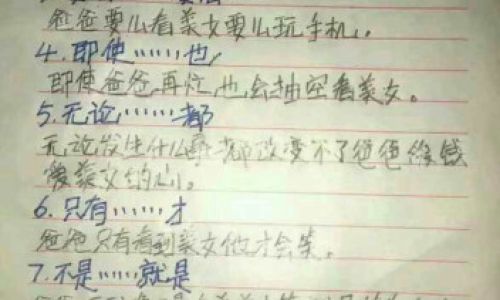
- “他才拿到驾照就买了新车。” (As soon as he got his license, he bought a new car.)
- “孩子才五岁就能读报纸了。” (The child could read the newspaper at just five years old.)
“要不是…才…” (Yào bùshì…cái…)
Used for hypothetical scenarios:
- “要不是你帮忙,我才不会成功。” (If you hadn’t helped, I wouldn’t have succeeded.)
- “要不是下雨,我们才不出去呢。” (If it weren’t for the rain, we wouldn’t have stayed in.)
“才怪” (Cái guài)
A colloquial phrase expressing skepticism:
- “他说他不紧张,才怪!” (He says he’s not nervous, yeah right!)
Conclusion: The Art of Precision with “才”
Mastering “才” requires practice and contextual awareness. By understanding its roles as an adverb of ability, time, condition, and contrast, learners can craft sentences that convey subtlety and depth. Whether negotiating deadlines, praising talent, or navigating social dynamics, “才” remains an indispensable tool in the Chinese language. Embrace its versatility, and your fluency will soar—一句才一句,日积月累,终成大器 (Sentence by sentence, day by day, you’ll achieve mastery).
Word Count: 1,210
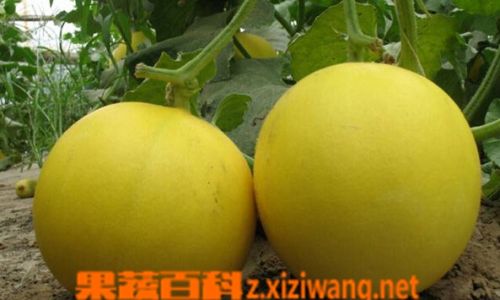




0 comments